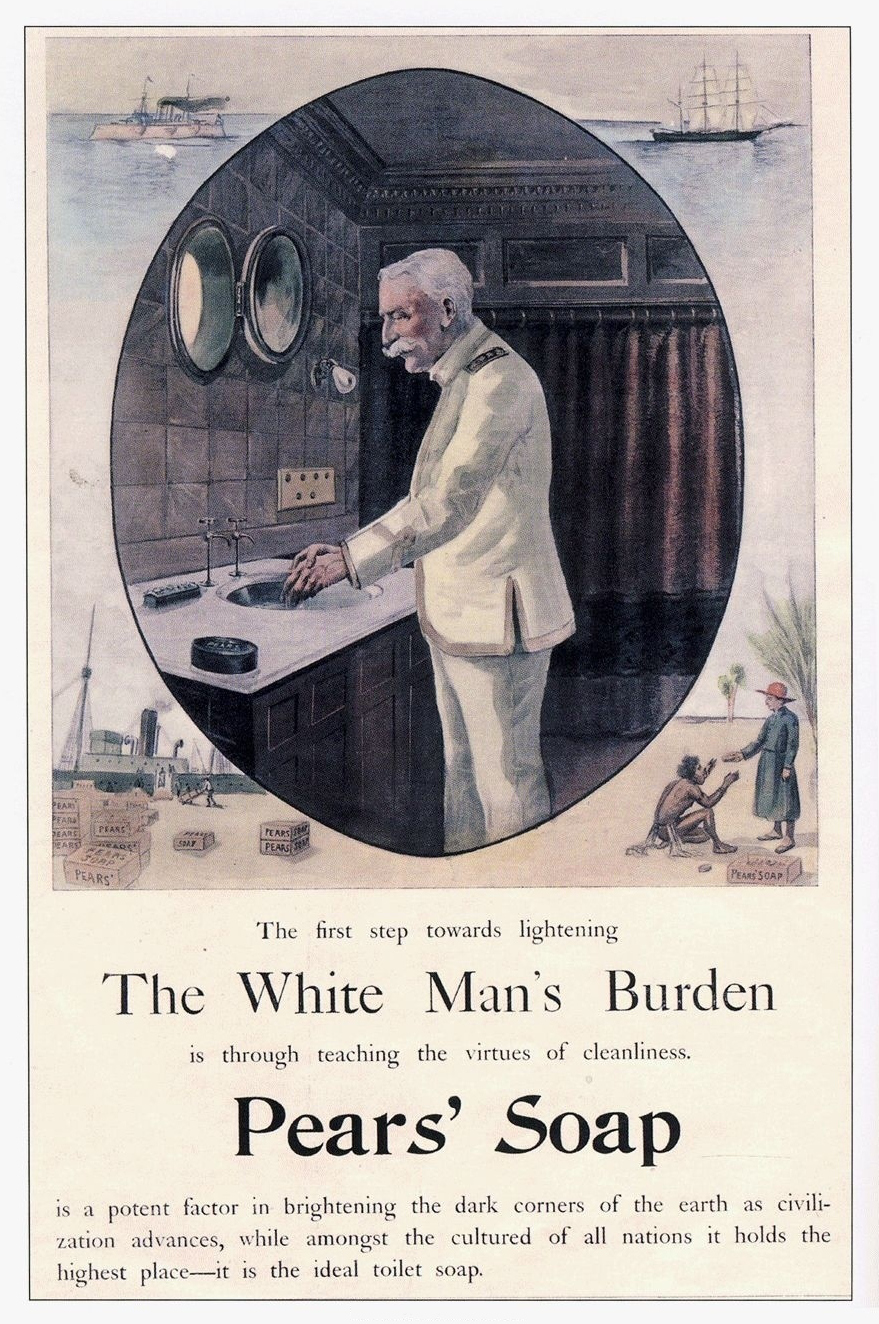Трудно найти английского поэта, оказавшего большее влияние на русскую
поэзию 20 века, чем Киплинг. Такие совсем разные по политическим
взглядам, таланту, темпераменту и судьбе авторы как Гумилев,
Багрицкий, Светлов, Симонов и многие другие, - писали в какие-то
моменты жизни киплинговским слогом. Собственно, само имя Киплинга
стало в русской поэзии кодом, обозначением особого рода
"киплинговской" романтики. Высоцкому было ясно, что "когда кругом
космическая тьма", его герои будут читать Киплинга (и Пушкина - весьма
показательное для русского уха сопоставление!). Когда КСПшники,
явление уже не столько поэтическое, сколько социальное, - задумывались
о себе, у них был готовый образ: "Я вовсе не обманщик, я Киплинга
солдат". Сомнения и разочарование в "военной романтике" облекались в
ту же понятную форму: "Так нужна ли миру киплингова лира?"
Впрочем, заговорив о КСП, мы плавно переходим от влияния на поэтов - к
массовой популярности. И тут Киплинг тоже бьёт рекорды. Русские дети
росли на Киплинге. Именно от него они узнавали, почему у слоненка
хобот и как появились броненосцы. Маугли, Рики-Тики-Тави, кошка,
гулявшая сама по себе, - есть ли хоть один ребенок, не видавший о них
мультфильмов, не читавший книжек, не смотревший пьес и не слушавший
аудиоспектаклей? В массовое сознание прочно вошли и песни на стихи
самого Киплинга, и перепевы - вплоть до "афганских" песен - подражаний
подражаниям Киплингу.
Киплинг занимает прочное место в русской культуре - пожалуй, более
прочное, чем в его родной (Britannica о его поэзии пишет: "As a poet
he scarcely ranks high", - хотя и отдает должное мастерству
Киплинга-прозаика).
И это все тем более удивительно, потому что русских Киплинг очень не
любил. Точнее даже будет сказать - он ни к кому так плохо, как к
русским, не относился.
( Read more... )